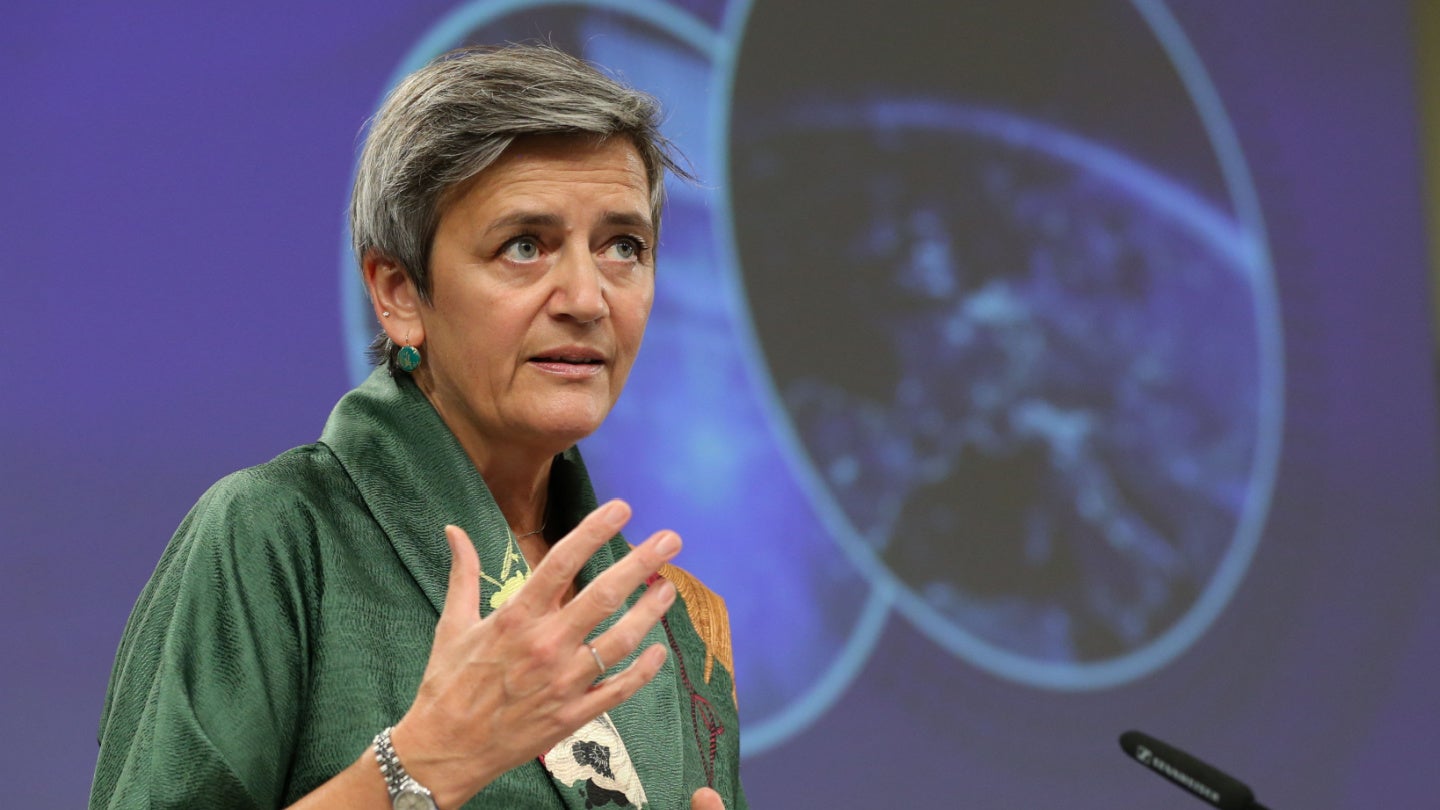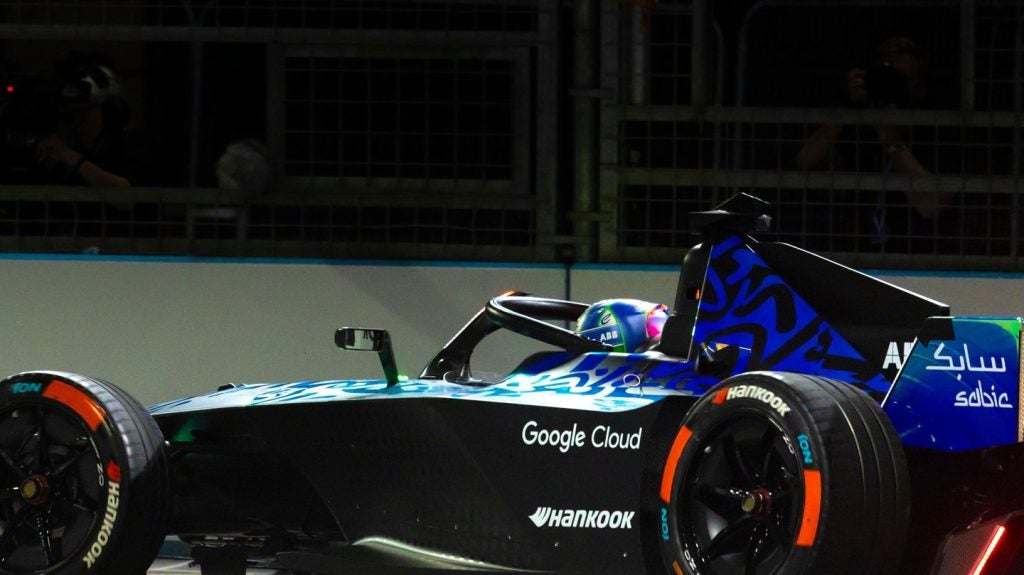
The EU’s antitrust chief Margrethe Vestager has stated that chip technology is key to the EU’s economic security after meeting with heads from Qualcomm, Apple and Alphabet.
Vestager posted about the meetings on social media platform X, stating that the they had focused on Big Tech’s compliance with the EU’s DMA (Digital Markets Act) and ongoing cases that each company had with the EU’s antitrust regulator.
Whilst Vestager did not lay out what she had discussed with Qualcomm, she did comment on the importance of chip technology to the EU.
Alphabet and Qualcomm are among the top companies with the highest fines received over anticompetitive behaviour.
Alphabet received the highest number of fines between 2013 and 2022, valued at $13.9bn which equates to roughly 5% of its total revenue in 2022 alone.
How well do you really know your competitors?
Access the most comprehensive Company Profiles on the market, powered by GlobalData. Save hours of research. Gain competitive edge.

Thank you!
Your download email will arrive shortly
Not ready to buy yet? Download a free sample
We are confident about the unique quality of our Company Profiles. However, we want you to make the most beneficial decision for your business, so we offer a free sample that you can download by submitting the below form
By GlobalDataIn its 2023 thematic intelligence report into tech regulation, research analyst company GlobalData found that huge fines often had little impact on companies’ future business practices, suggesting that before action regulation may soon be preferable.
The DMA, according to GlobalData, represents the biggest antitrust threat to tech companies.
The DMA aims to constrain company scale in order to avoid monopolisation, however the act defines scale as global turnover and user base. Big Tech companies, like Apple and Alphabet, all meet those requirements meaning that they are monitored by the EU.
Alphabet is currently facing a €2.4bn ($2.64bn) fine from the EU regarding Google’s search engine prioritising its own comparison shopping service in search results over rivals.
Self-preferencing is forbidden under the DMA, however the act also limits the use of competitor data.







